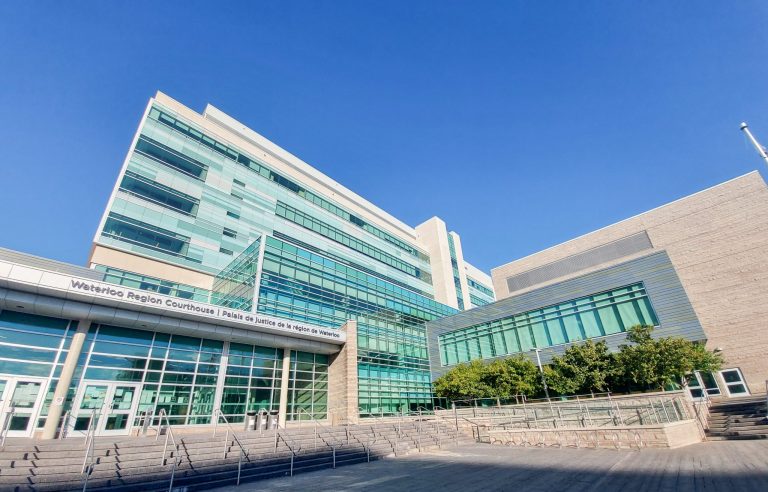By Phi Doan
With the federal election now over, the Liberal government promises to address the resurgence of hate during the COVID-19 pandemic. The Canadian Anti-Hate Network (CAHN), which monitors far-right hate groups, declared this resurgence a “hate crime crisis.”
Taking a look at how we currently approach this issue reveals why it’s so hard to tackle in the first place.
According to Waterloo Regional Police data, there were only 15 police-reported hate crimes in the region in 2019. However, according to Statistics Canada data analyzed by the CAHN, Canadians self-reported 223,000 hate-motivated incidents in 2019, with police only managing to investigate fewer than one per cent of them as hate crimes.
Dr. Noah Weisbord, associate professor at Queen’s Law, explained that current laws aren’t as simple as just criminalizing hate, but rather there are four provisions laid out in the Criminal Code: Section 318, which prohibits advocating genocide; Section 319, which addresses public incitement and willful promotion of hatred; Section 430, which is regarding mischief relating to religious property; and Section 730, which is evidence of the offence being motivated by prejudice and bias.
Weisbord explained that after police officers, prosecutors make their own judgements on the situation and what charges are appropriate.
“So, the police come in with a million different possible potential charges and the prosecutors choose the ones that they think are the most serious or worthwhile to spend their time on,” Weisbord said.
Sometimes, it may be easier to prove assault or harassment without tying in discrimination as well. Alternatively, officers fail to recognize and collect the pertinent evidence needed for those charges.
Last year, an Asian woman reported a man following and yelling racial epithets at her. Guelph Police spoke with the man, but did not press charges. They pressed charges only after receiving more reports alleging the man had done this multiple times. Guelph Police issued an initial statement explaining why they didn’t charge the man.
“While racist comments are seen as an aggravating factor when combined with criminal activity, such as making death threats, racist comments on their own are not illegal under the Criminal Code of Canada,” Guelph Police said in their release.
Weeks later, the same man was charged again for harassment, along with an assault charge. While it required multiple reports for harassment charges, all that was required for the assault charge was the man allegedly spitting at a person.
During the federal election, little was said in regards to addressing hate crimes. This was despite the rise in anti-Asian sentiment, Canadians still struggling to call residential schools acts of genocide, and a Muslim family killed in what Crown prosecutors say amounted to terrorism. Locally, an online vigil held for the victims was Zoom-bombed by Islamophobic trolls.
During the campaign, Justin Trudeau was dogged by fervent anti-vax/lockdown groups, which the CAHN found to be fertile grounds for white nationalist recruiters. A former People’s Party of Canada (PPC) riding manager was at the London campaign stop and was charged for allegedly throwing gravel at Trudeau and later evidence found by CAHN connected him to multiple white nationalist social accounts.
With the Liberals back in power, they pledged to introduce anti-hate legislation within the first 100 days of taking office, along with a national anti-hate action plan by 2022. A national fund for survivors of hate attacks was also proposed.
The Liberal platform echoes their previous attempt with Bill C36 earlier this year, which aimed to clarify the definition of online hate speech and bring back Section 13 of the Canadian Human Rights Act. It would allow Canadians to file complaints against hatemongers. After tribunal hearings, the courts would be able to issue peace bonds and collect fines.
There were concerns about freedom of speech and potential exploitation, but proponents say it would only be reserved for the worst perpetrators.
“On the other hand, you don’t want the government to come out with overly sweeping powers to restrict. There’s a risk of the government turning that on Black Lives Matter or these Asian community organizations if the government shifts,” Weisbord said.
Coincidently, there was a Liberal MP that sponsored a petition calling for criticism of police officers to be classified as hate speech.
Whatever new legislation brought forward to address hate crimes will still require institutions to be able to recognize that element of hate in the first place. Weisbord suggested that more diverse representation in the legal system would be needed to do this.

